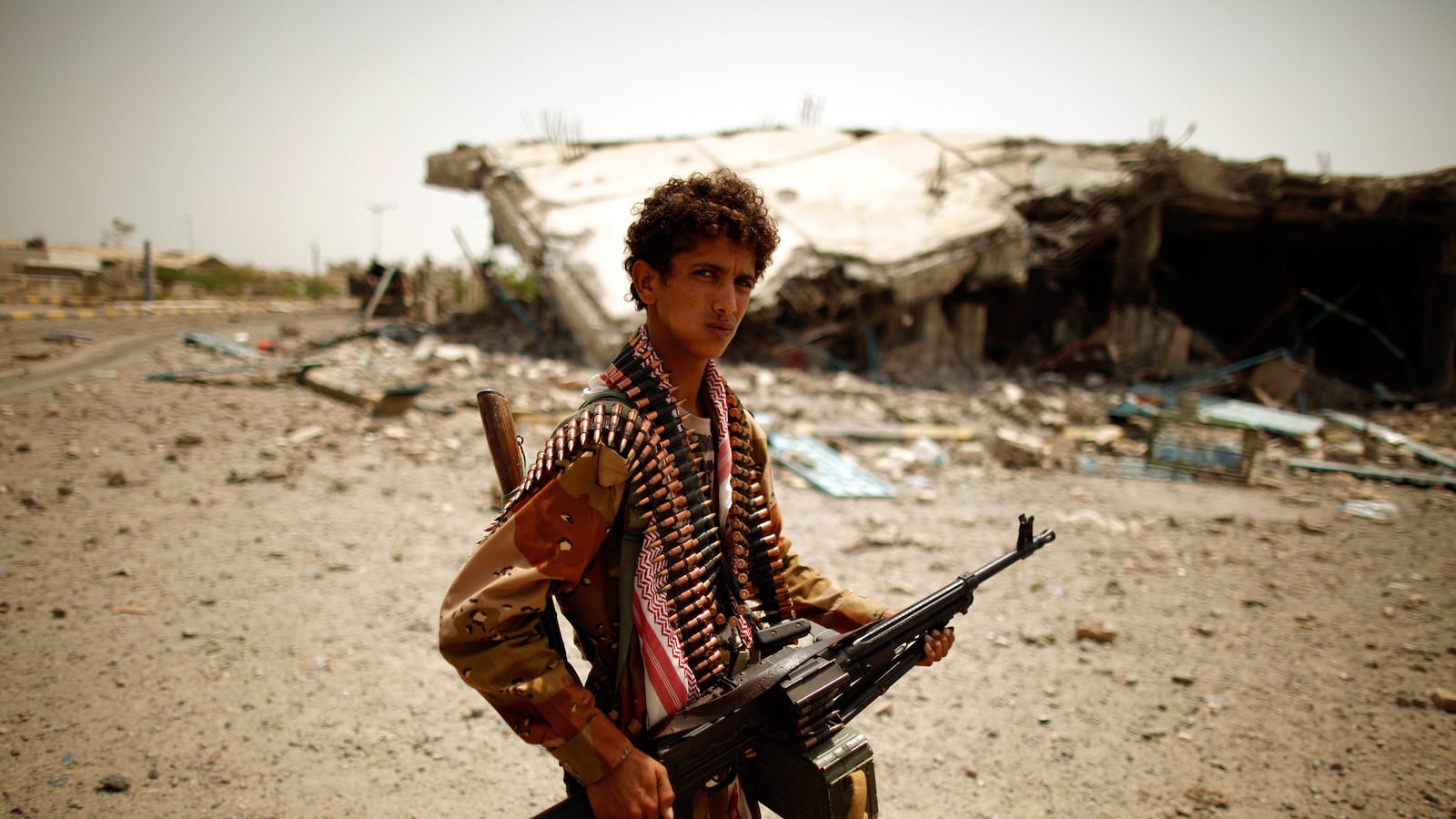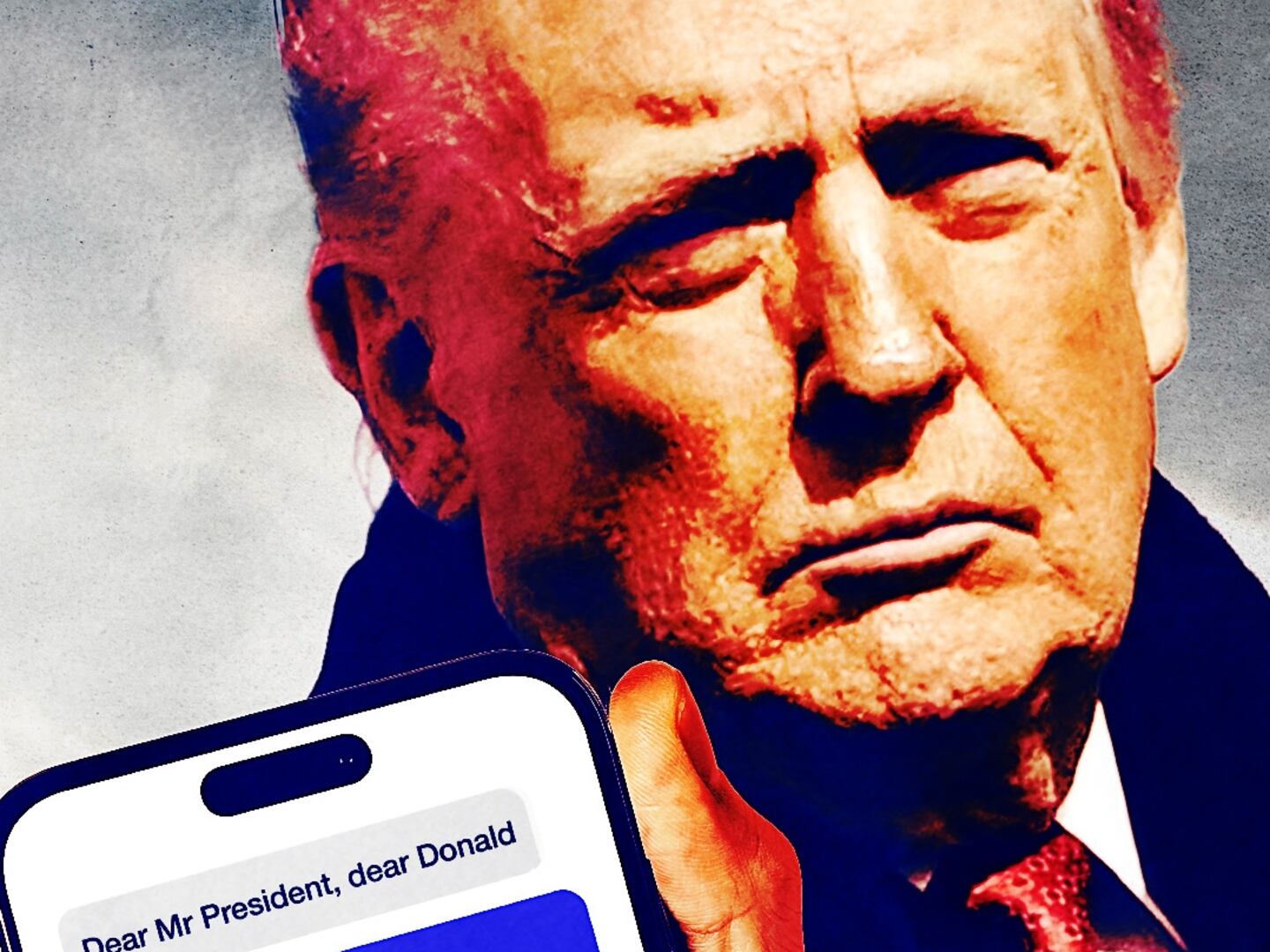If the results of U.S. policy missteps in the Middle East weren’t so tragic, you could easily run them as a series of Laurel and Hardy episodes. You remember those escapades where the thin and ever timid Stan Laurel and the large and always confident Oliver Hardy engage in one misadventure after another. And the episodes invariably end with Hardy, frustrated in the extreme, saying to Laurel: “Well, here’s another nice mess you’ve gotten me into.”
The U.S. is perfectly capable of getting into its own messes without much help from its friends. (See the mother of all mishaps, the U.S. invasion of Iraq.) But what’s more intriguing is how Washington tends to buy into policies that appear to serve its friends’ agendas while undermining America’s own.
Nowhere is that principle more clearly demonstrated than in U.S. support for the Saudi campaign to check the advances of the Houthis and their allies in Yemen. In the space of only two months the U.S. has managed to acquiesce in and support a Saudi-driven air campaign that has not worked, alienated more Yemeni actors than it’s converted, and turned what had been a principally domestic matter into a regional proxy war. Indeed, the Saudis are stuck in Yemen. But so is America.
However wrongheaded it’s turning out to be, it’s fairly easy to see why the Saudis launched their campaign against the Houthis. Think about Yemen as within the sphere of a kind of Saudi Monroe Doctrine. They’ve been interceding in and manipulating Yemeni politics for years with varying degrees of success and as early as 2009 already had a military dustup with the Houthis without much success.
Given the Saudis’ fear of Iran, they see Yemen as part of an expanding Iranian-financed Shia arc, this time right in their own backyard. For Teheran, meanwhile, the Houthis were a low-cost way of sticking it to the Saudis. Riyadh has come to believe—maybe with some justification—that Iran sees the Houthis as a future Hezbollah doing its bidding in Yemen. What we know for sure is that initially Iran saw the Houthis, in the words of one Yemeni scholar, as the “cheapest middle finger it could give to Saudi Arabia.”
What’s in this for the United States is hard to divine now that thousands of Yemenis have been killed, peace talks are going nowhere, and the Houthis have secured additional ground. Initially Washington clearly wanted to support its Saudi ally, particularly at time when Riyadh was increasingly worried about a possible U.S.-Iranian deal on the nuclear issue. The Obama Administration has been providing targeting information and logistics to make possible what have become daily bombing attacks by the Saudis and other Arab members of their coalition. Perhaps the U.S. bought the Saudi notion that the Houthis would see reason in the face of this kind of airpower and agree to restore former Yemeni President Abd Rabbuh Mansour Hadi (now residing in Riyadh) to power.
Washington would like to figure a way out of this quagmire and has opened talks with the Houthis and backed the UN-sponsored peace process to broker a deal. But neither the diplomatic route nor the military one is working. For now neither the Houthis nor their Yemeni or Iranian allies have much reason or incentive to make concessions.
Indeed, when you think about the Yemeni imbroglio and the downsides for America, the consequences are just stunning.
First, rather than reassuring Riyadh, Washington has succeeded in alienating it. The Saudis know that the Obama administration really doesn’t have their back and would like to find a way out, perhaps on terms that the Saudis would not like.
Second, what may have been intended as a U.S. effort to signal Iran to stop expanding its influence in Yemen has only increased Iran’s incentive to back the successful Houthis.
Third, Washington is now directly associated, however unfairly, with a humanitarian disaster that has claimed at least 2,500 lives and added to the woes of an already failing state. And if that is not enough, by backing the Saudi campaign against the Houthis, the U.S. has alienated a potential ally in the fight against al Qaeda. Sunni extremists regard the Houthis as heretics and have already carried out attacks against their mosques. And of course, in the widening catastrophe that is Yemen, Al-Qaeda in the Arabian Peninsula (AQAP)—perhaps the greatest terror threat to U.S. commercial aviation—has expanded its influence.
One is hard-pressed to identify a single upside to U.S. support for the Saudi campaign. Whether Washington has sufficient influence or will to press the Saudis for a different approach is not clear. What is painfully obvious to all but the interminably obtuse is that while the Saudis may be partly responsible—to quote Oliver Hardy—for getting the U.S. into this “nice mess,” America has no one to blame but itself. By now you would have thought we’d had enough experience in this region to be able to tell the difference between a trap and an opportunity. Apparently not.






